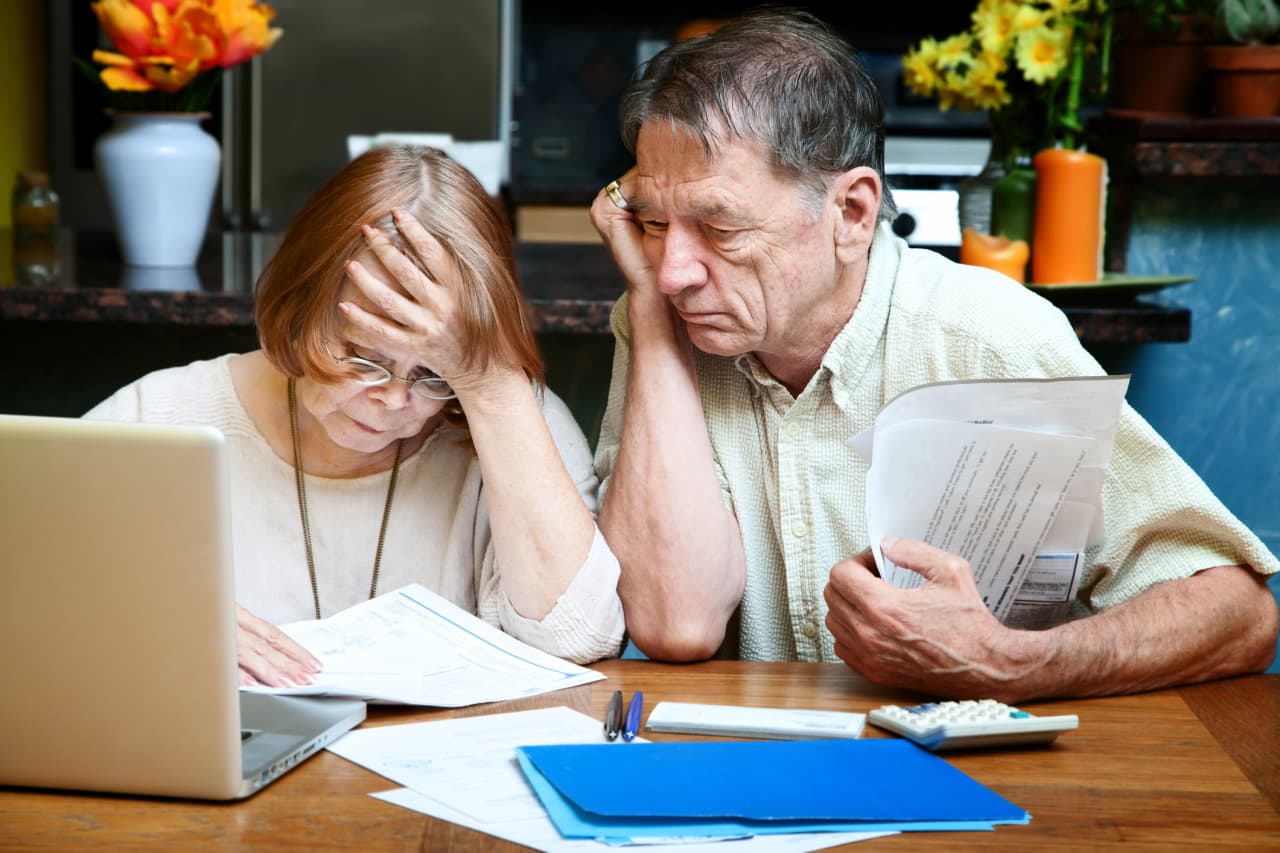This post was originally published on this site

There’s never been a year quite like 2020. Yes, we’ve had pandemics before. We’ve had economic crashes and double-digit unemployment before. We’ve had civil unrest before.
But all at once? This is what makes 2020 such a horrible year. And just think: It’s not even halfway over.
The turbulence and uncertainty of 2020 is affecting all Americans, of course. But the impact on seniors—at least when it comes to unemployment and the pandemic—has been particularly acute.
On the surface the news, in relative terms, isn’t so dire. According to the Labor Department, the unemployment rate for people ages 55 and older fell to 11.8% in May from 13.6% the month before. Both figures are below the jobless rates for the nation at large.
Read: These are the best new ideas in retirement
But some context is needed. If and when the economy recovers—and the Federal Reserve forecast Wednesday that unemployment will remain high well into 2022—older workers will probably be the last to get hired and will have to take sizable pay cuts when they do find a job. I say this because this has been the pattern coming out of past downturns and there’s no reason to think that it will be different now. For some startling data, read the eighth paragraph in this prior column I wrote about this.
On top of this, Richard Johnson director of Retirement Policy at the Urban Institute, a Washington D.C. think tank, points out that the coronavirus—which has been far deadlier for older Americans—adds a negative twist to any senior job hunt.
“Not only have many older workers lost their jobs,” he said at a recent webinar, “but many are afraid to go back to work for health reasons.” He says until a vaccine, or at a minimum, an effective treatment for COVID-19 is developed, many may be reluctant to take a position that requires working closely with others. He thinks unemployment benefits for seniors should be beefed up.
You might think that working remotely—which has obviously boomed for all Americans because of he virus—would be a natural for seniors, but another webinar participant says no.
“Older workers are less likely to have the kinds of jobs that allow telework in the first place,” says Monique Morrisey, an economist with the Economic Policy Institute, another D.C.think tank. “And they’re very steady and reliable; they tend to take less leave then younger workers.” For these reasons, she thinks employers should focus on bolstering workplace safety. She echoes Johnson’s call for stronger unemployment benefits for seniors until the virus plays itself out.
But unemployment benefits, no matter how long they last, are short-term by design, to tide workers over until they can find a job. But the longer job searchers that older workers typically endure means those benefits can run out first, upping the possibility of seniors falling through the cracks and into poverty.
Teresa Ghilarducci a labor economist and director of the Schwartz Center for Economic Policy Analysis at the New School in New York, offers three remedies for this. First: increase Social Security benefits immediately, by an extra $200 in benefits per month (the average monthly benefit now is $1,503, according to the Social Security Administration). She says this would reduce stress, particularly for lower-income job seekers.
“That means that older workers who are afraid to go to work, who can’t go to work, who have been pushed out of the labor force, will have a fallback position,” she says.
It’s also time to consider a universal pension plan for all workers, Ghilarducci adds. “Almost half of older workers don’t have anything but Social Security, and having this would help them exit the labor force more comfortably if they’re forced to.” She also favors lowering the Medicare age to 50. “This allows older workers who are pushed out or forced to be in unsafe jobs an option. They could go between jobs without losing health insurance,” she says.
Of course none of these ideas come cheap. One way to pay for them, the panelists said, is hardly novel, and that’s to raise the cap on Social Security taxes. In 2020, earners don’t pay Social Security tax on income beyond $137,700. Medicare taxes—which also come from payroll taxes on employers and workers—could also be hiked.
Ideas like these would unlock a gusher of revenue, though whether even that would be enough is a matter of debate. It’s also worth asking what the opportunity cost of taking additional money out of worker pockets would be. It would mean less disposable income for younger workers, for example, thus making it harder to buy a home, start a family, pay for daycare and so forth.
These are big challenges with solutions that may benefit some but hurt others. Governing is about choosing; our leaders must choose wisely as they navigate the difficult road that lies ahead.

